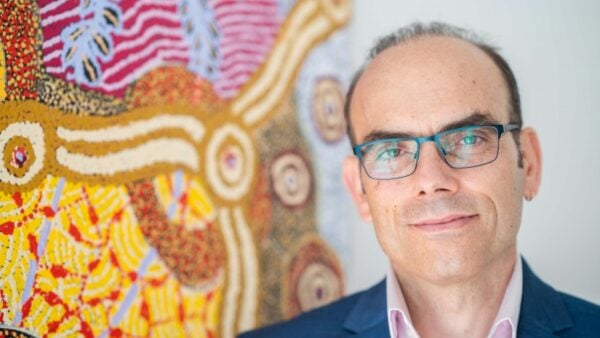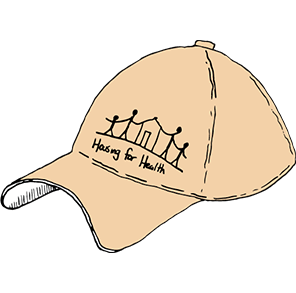NEWS: ‘HEAL’ network to tackle health impacts of climate change
The National Health and Medical Research Council (NHMRC) welcomed the November announcement by Minister for Health Greg Hunt of the $10 million Special Initiative in Human Health and Environmental Change.
Charles Darwin University (CDU) and Menzies School of Health researchers are part of the 100 researchers in the new HEAL network, which aims to protect the health of Australians impacted by climate change.
Professor Sotiris Vardoulakis, Professor of Global Health at ANU
The Healthy Environments And Lives (HEAL) Network will provide a multidisciplinary research network with leaders in environmental/public health, health systems, economics, and climate, data and social science. The team will work together to assess and communicate environmental health risks, and develop the evidence, capability and practical tools needed to protect and improve community health, strengthen health system resilience and reduce inequities and inequalities across communities and generations.
The HEAL network is led by Professor Sotiris Vardoulakis, Professor of Global Health at the Australian National University, and is looking to attract young people interested in the field of environmental health research.
The network has strong Aboriginal and Torres Strait Islander leadership and will offer opportunities to work collaboratively with indigenous researchers to engage with other Indigenous people and Australia’s neighbouring countries where people are experiencing climate change impact.
“…as climate change impacts our health and environment more and more, we will need sound solutions and the best thinking to address these negative impacts and keep ourselves and our environment as healthy as possible,” Professor Schmidt said.
Perhaps some of the retrofit work Healthabitat undertook and carefully monitored to keep houses cooler in hot climates could be of interest.
Healthabitat looks forward to following the work of this network and hopes to see real change and real power put into the hands of the people most at risk of the negative health effects of a poor living environment. HH hope the need for resilient housing as the climate changes and heat stress increases is not left in academia but is built in collaboration with the communities most at risk.










